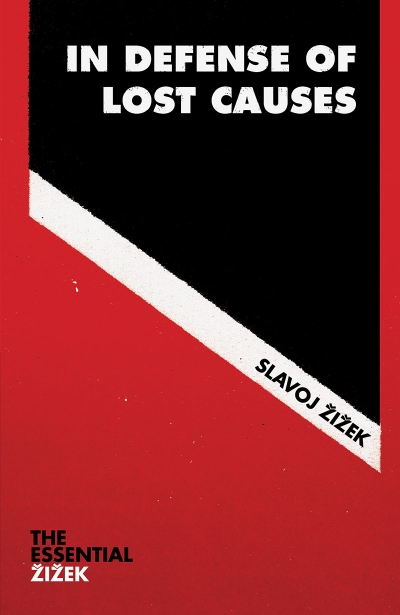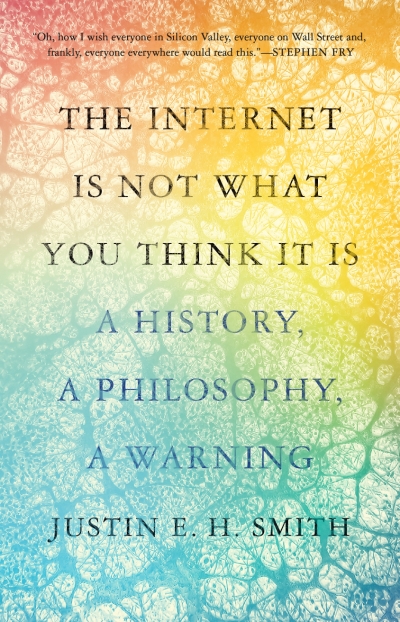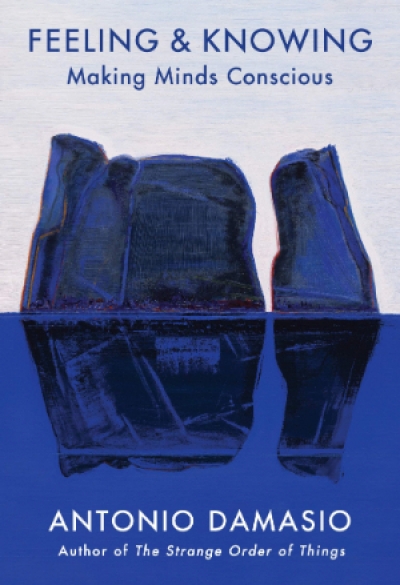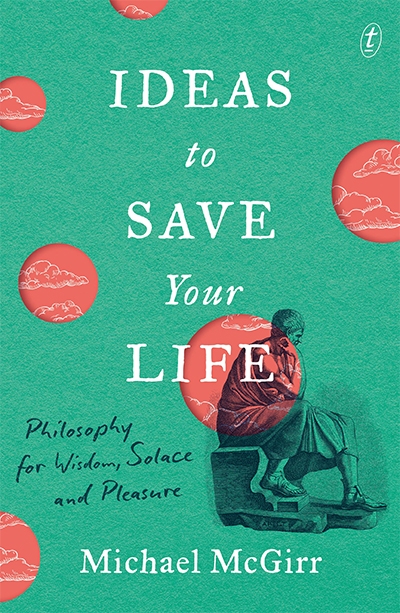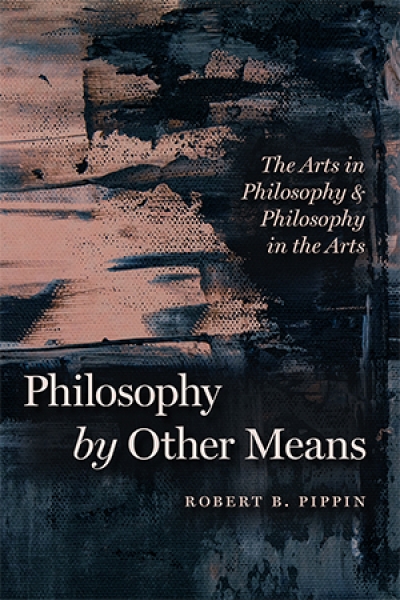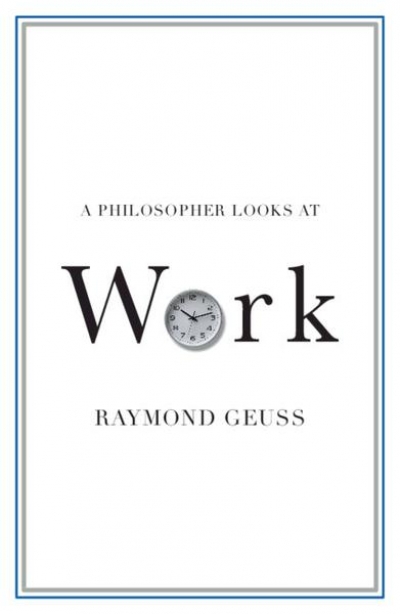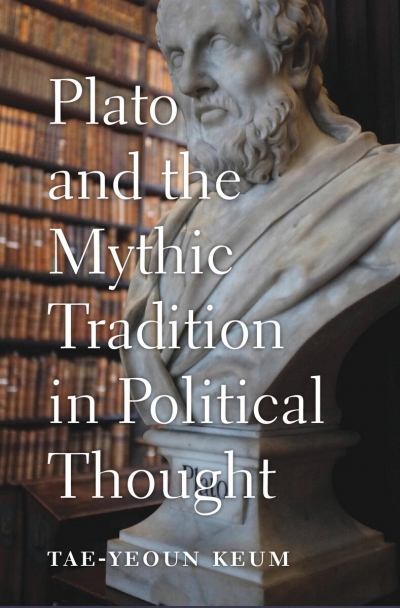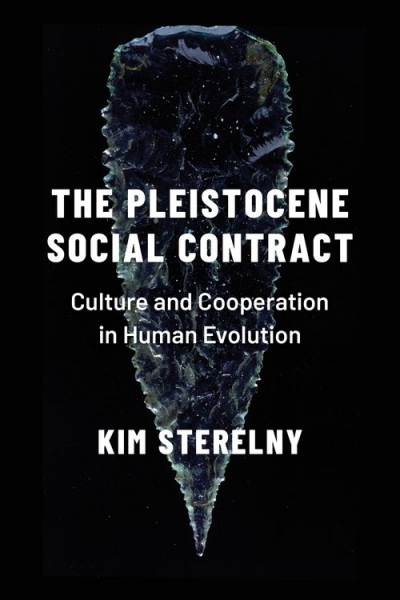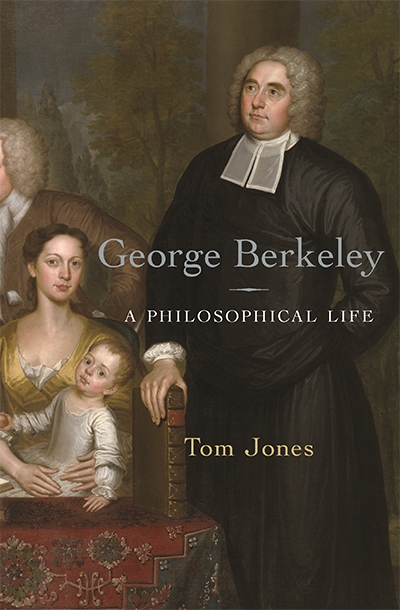Philosophy
In Defense of Lost Causes by Slavoj Žižek & First as Tragedy, Then as Farce by Slavoj Žižek
by Rex Butler •
There was a time not so long ago when research on ancient philosophy was confined largely to the study of the great philosophers Plato and Aristotle, and their antecedents. To take one example, in A History of Ancient Western Philosophy, published in 1959 by the respected scholar Joseph Owens, only fifty-one of 419 pages were devoted to post-Aristotelian philosophy, and only two pages to philosophy after the third century of our era. All of this has radically changed. For some time there has been a flourishing industry engaged in research on Hellenistic and early Imperial philosophy. Now the last frontier, the philosophy of late antiquity, is also yielding its secrets.
... (read more)The Internet Is Not What You Think It Is: A history, a philosophy, a warning by Justin E.H. Smith
by Geordie Williamson •
Feeling and Knowing: Making minds conscious by Antonio Damasio
by Diane Stubbings •
Ideas to Save Your Life: Philosophy for wisdom, solace and pleasure by Michael McGirr
by Janna Thompson •
Philosophy by Other Means: The arts in philosophy and philosophy in the arts by Robert B. Pippin
by Justin Clemens •
Plato and the Mythic Tradition in Political Thought by Tae-Yeoun Keum
by Knox Peden •
The Pleistocene Social Contract: Culture and cooperation in human evolution by Kim Sterelny
by Janna Thompson •

